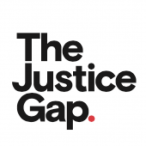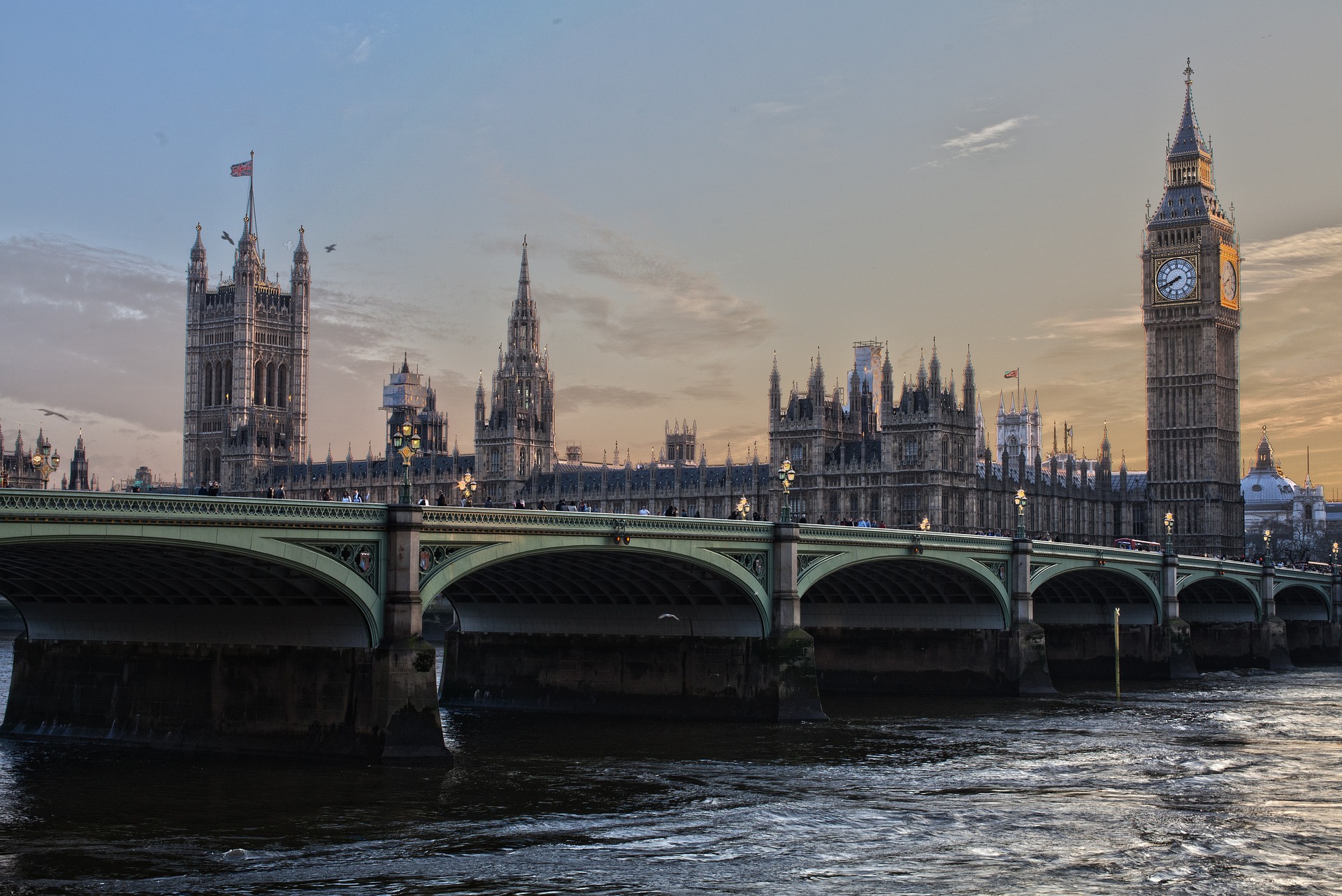The Home Office has not filled the role of the independent Anti-slavery Commissioner in the 10 months since the former Commissioner resigned last April. Whilst the position has been left empty, the number of potential victims of modern slavery recorded in 2022 reached a record high.
Despite it being a legal requirement under the Modern Slavery Act 2015, the Home Secretary, Suella Braverman, has failed to fill the Commissioner’s post since Dame Sara Thornton resigned on April 30 2022. The Act tasks the Commissioner with encouraging ‘good practice in the prevention, detection, investigation and prosecution of slavery and human trafficking offences’. With this role unfilled there is no independent watchdog assessing the Government’s approach to issues of modern slavery.
Across 2022, the total number of potential victims of modern slavery referred to the Home Office was 16,938, a 33% increase on the previous year and the most since records began in 2009. The Liberal Democrat home affairs spokesperson Alistair Carmichael, speaking in January, said that ‘these record increases highlight the Conservatives’ absolute failure to get a grip on the real issues’. According to Carmichael, ‘what’s worse is that they have refused to appoint a new anti-slavery commissioner for nearly a year now. This heartless government is watching on while this crisis spirals out of control’.
The unfilled Commissioner role has taken on renewed significance in the face of the Government’s upcoming Illegal Migration Bill. As part of the Bill, people arriving in the UK illegally would be ‘denied access to the UK’s modern slavery system’.
The Bill has been met with backlash, with commentators and human rights groups arguing that the bill is inconsistent with the nature and reality of modern slavery. The UNCHR, the UN agency established to protect the rights of refugees globally, released a statement on Tuesday in response to the Bill, noting that: ‘Most people fleeing war and persecution are simply unable to access the required passports and visas,’ and that ‘there are no safe and “legal” routes available to them.’
The UNHCR drew attention to the UK’s obligations under international law, saying that ‘Denying them access to asylum on this basis undermines the very purpose for which the Refugee Convention was established.’ This sentiment was echoed by the EU commissioner for home affairs, Ylva Johansson, who yesterday voiced concerns that whilst she hoped the bill would respect ‘international agreements and the Geneva convention,’ her ‘first impression’ was that ‘there might be violations here.’
The continued vacancy of the position has previously led to accusations from experts that the Government are deliberately avoiding appointing a new Commissioner to limit scrutiny of their actions. With the Government introducing increasingly hostile anti-migrant policies, with the effect of withholding protections from victims of modern slavery, these accusations are likely to gain further traction.








